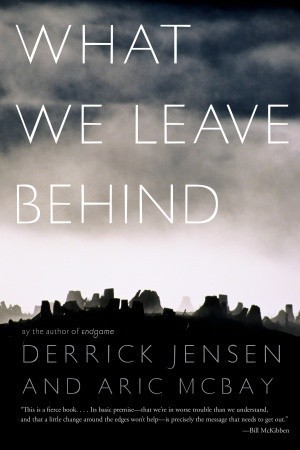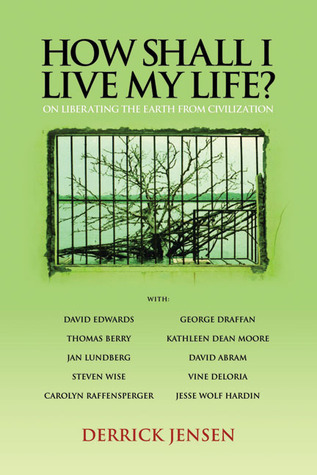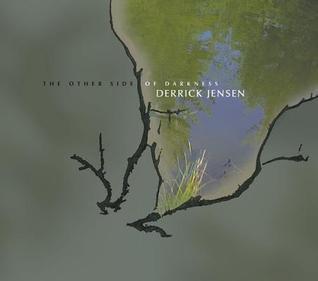
A Language Older Than Words
Book Description
Words can cage the soul, but silence holds the key to a deeper understanding of life. In "A Language Older Than Words," Derrick Jensen unravels the profound connections between humanity and the natural world, exposing the violence that often underlies modern civilization. Through visceral narratives and piercing insights, he compels us to confront the destructive ideologies that shape our existence. With each striking revelation, the urgency to awaken our innate bond with the earth intensifies. What will it take to break the chains of apathy and truly listen to the language pulsating through life itself?
Quick Book Summary
"A Language Older Than Words" by Derrick Jensen is an impassioned fusion of memoir, ecology, and philosophical inquiry that explores the deep, often overlooked connections between humans and the natural world. Drawing on personal experiences—including his traumatic upbringing—as well as observations from history, indigenous wisdom, and ecological thought, Jensen investigates the ingrained violence of modern civilization. He argues that our disconnect from the environment and each other stems from cultural systems that encourage domination, exploitation, and the silencing of nonhuman voices. By exposing the consequences of these belief systems, Jensen urges readers to rediscover an authentic, empathetic relationship with all life forms, suggesting that true communication and understanding require listening to a language more primal than words, rooted in respect and interconnectedness. The book is an urgent call to awaken to our responsibilities and potential for healing—in ourselves and the world.
Summary of Key Ideas
Table of Contents
The Divisive Nature of Modern Civilization
Jensen opens the book with a powerful narrative of childhood abuse. This personal trauma becomes a metaphor for the broader violence inflicted by modern societies on both individuals and the natural world. Jensen links the personal with the political, suggesting that patterns of domination, silence, and denial in families echo the ways civilization silences and exploits nature. He stresses that these forms of violence are internalized early and perpetuated through cultural norms, making their eradication complex but necessary.
The Role of Trauma and Silence
The book delves into civilization’s inherently divisive nature, critiquing how modern systems foster estrangement from the earth and from each other. Jensen explores how politics, economics, and organized religion often legitimize the conquest and destruction of nature. He illustrates these ideas through examples ranging from factory farming to clear-cutting forests, arguing that the normalization of exploitation is based on the suppression of empathy and dialogue with the nonhuman world.
Communication Beyond Words
A central theme is the concept of communication that transcends spoken language. Jensen suggests that before there were words, all beings participated in an intricate web of meaning and exchange—what he calls a “language older than words.” He shares stories from indigenous cultures, personal moments of connection with animals, and insights from deep ecology, asserting that true understanding occurs when we listen without ego or preconceptions, opening ourselves to messages from the earth and its inhabitants.
Reconnecting with the Natural World
Jensen contends that reconnecting with the land and with our deepest selves is a form of resistance to systems of domination. He challenges the reader to recognize complicity in ecological destruction and to act with humility, empathy, and responsibility. He describes his own journey toward healing, including learning to trust intuition, embrace vulnerability, and engage in meaningful activism. These steps, he argues, are essential for fostering communities that honor life in all its forms.
Resisting Systems of Domination
Ultimately, "A Language Older Than Words" serves as a passionate call to action—both personal and collective. Jensen maintains hope that by breaking the silence and dismantling the destructive ideologies embedded in our culture, humanity can rediscover a sense of belonging within the community of life. The path forward, he insists, is not through further domination but through genuine listening, compassionate engagement, and the rekindling of our ancient bonds with the earth.
Download This Summary
Get a free PDF of this summary instantly — no email required.





